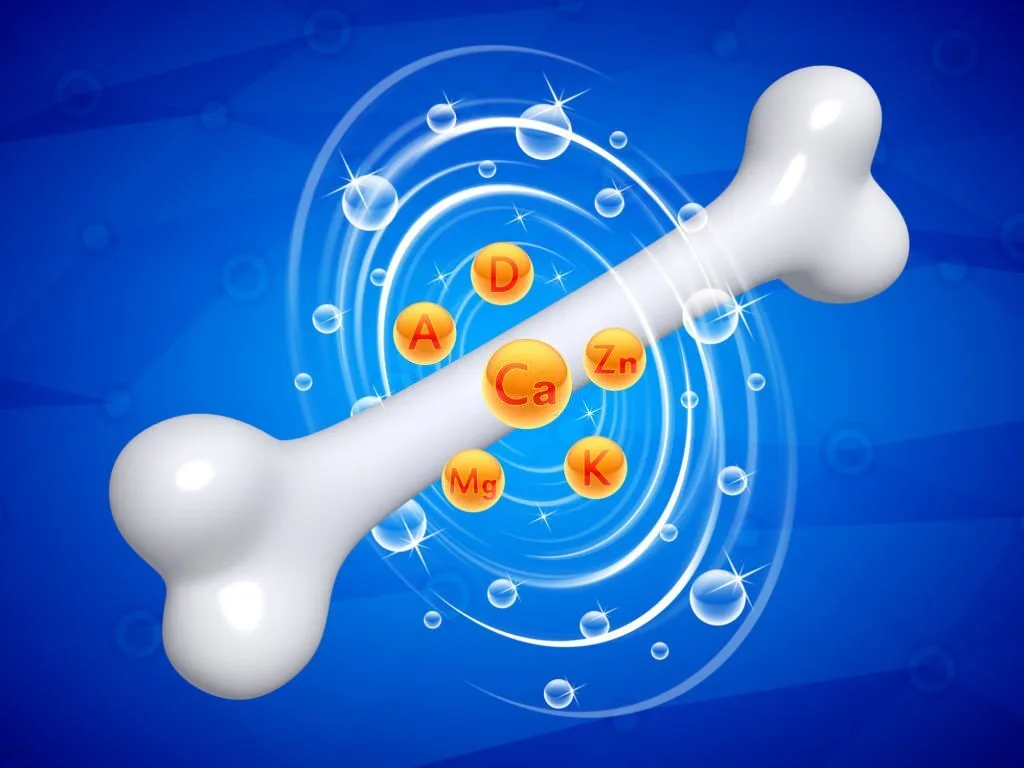Bone density is the amount of mineral that is present in your bones. It is important to have strong bones to reduce your risk of fractures and osteoporosis. Osteoporosis is a condition that causes bones to become weak and brittle, making them more likely to break.
There are a number of things you can do to increase your bone density, including:
Eat a healthy diet
A healthy diet is essential for maintaining strong bones. Make sure to include plenty of calcium and vitamin D in your diet. Calcium is needed to build and maintain bone mass, while vitamin D helps your body to absorb calcium.
Good sources of calcium include:
- Dairy products, such as milk, cheese, and yogurt
- Leafy green vegetables, such as spinach, kale, and collard greens
- Fortified foods, such as orange juice and cereal
Good sources of vitamin D include:
Fatty fish, such as salmon, tuna, and mackerel
Fortified foods, such as milk and cereal
Sunlight exposure
Get regular exercise: Exercise is another important factor for maintaining strong bones. Weight-bearing exercises, such as walking, running, and dancing, are especially beneficial for bones. Weight-bearing exercises help to stimulate bone growth and increase bone density.
Aim for at least 30 minutes of moderate-intensity exercise most days of the week. If you are new to exercise, start slowly and gradually increase the amount of time you spend exercising.
Avoid smoking and excessive alcohol consumption: Smoking and excessive alcohol consumption can both weaken bones and increase your risk of osteoporosis. If you smoke, quitting is the best thing you can do for your bone health. If you drink alcohol, do so in moderation.
Get enough sleep
Sleep is essential for overall health, including bone health. When you sleep, your body produces hormones that help to build and maintain bone mass. Aim for 7-8 hours of sleep per night.
Maintain a healthy weight
Being overweight or obese can increase your risk of osteoporosis. If you are overweight or obese, losing weight can help to improve your bone health.
Talk to your doctor about medications
If you are at risk for osteoporosis, your doctor may prescribe medications to help increase your bone density and reduce your risk of fractures.

Here are some additional tips that may help to increase your bone density:
Eat protein. Protein is an important nutrient for bone health. Good sources of protein include meat, poultry, fish, beans, and tofu.
Eat potassium. Potassium can help to reduce the amount of calcium that is lost in the urine. Good sources of potassium include bananas, avocados, sweet potatoes, and spinach.
Reduce your salt intake. Too much salt can cause your body to lose calcium in the urine. Aim to consume no more than 2,300 milligrams of sodium per day.
Get enough magnesium. Magnesium is a mineral that is essential for bone health. Good sources of magnesium include nuts, seeds, and leafy green vegetables.
By following these tips, you can help to increase your bone density and reduce your risk of osteoporosis.




